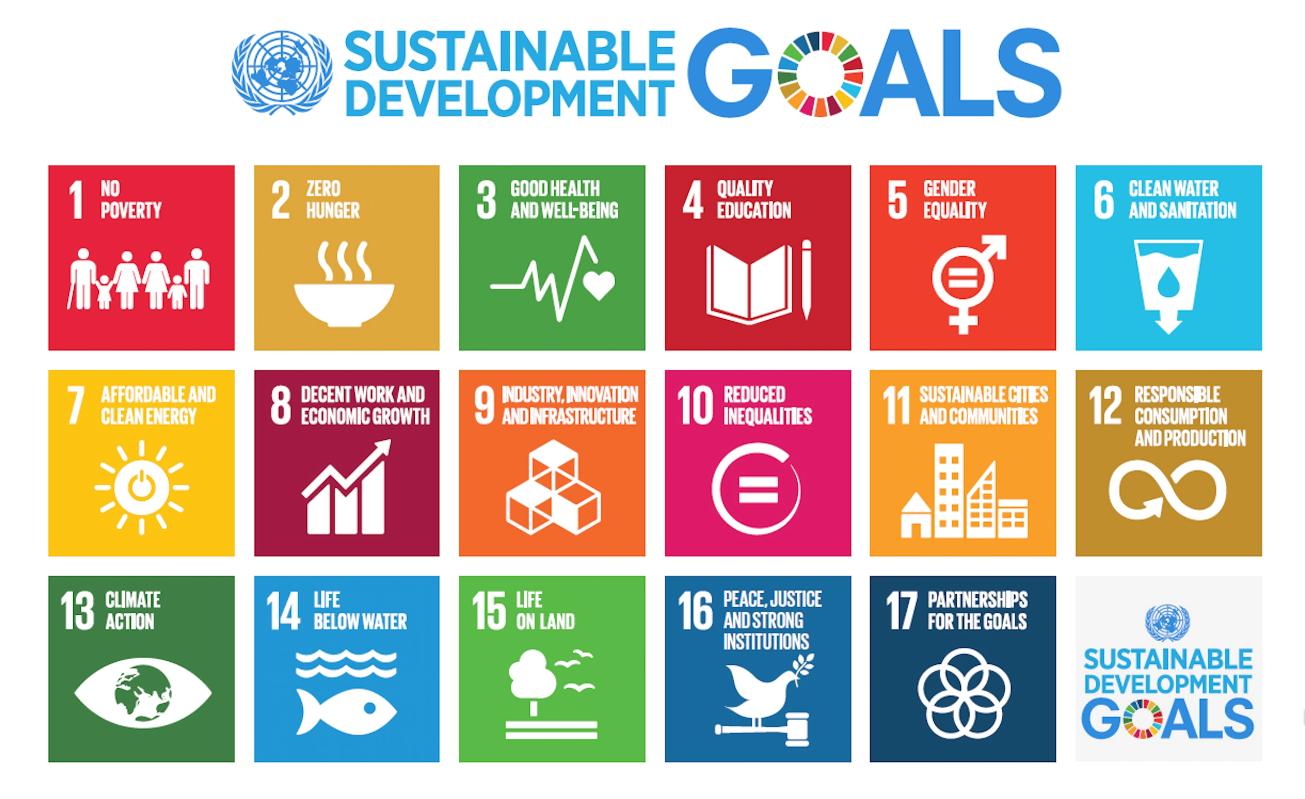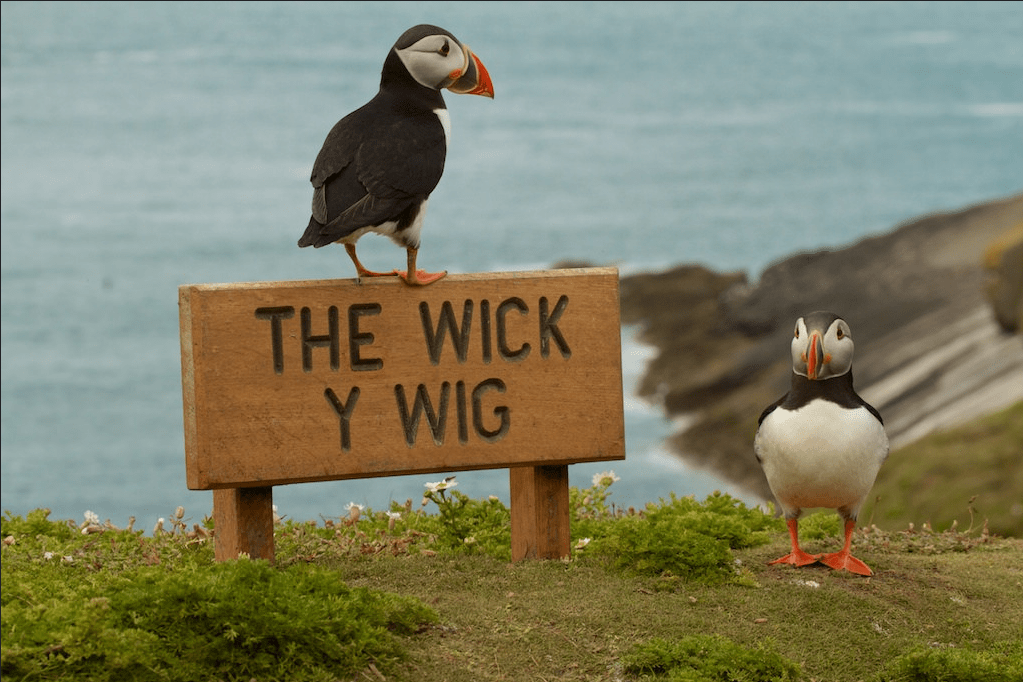The 5 – 9 June 2017 saw New York City host the ‘United Nations (UN) Conference to Support the Implementation of Sustainable Development Goal 14: Conserve and sustainably use the oceans, seas and marine resources for sustainable development’(The Ocean Conference).
The conference gathered together high ranking officials and Heads of State from around the world to address Sustainable Development Goal 14 (SDG14): ‘Life below water’. The aim was to spotlight the often-overlooked challenges facing the oceans and seek a unified global response. It resulted in three key outcomes; a Call for Action, a registry of voluntary commitments and partnership dialogues.
The Sustainable Development Goals
The Sustainable Development Goals (the SDGs) were agreed upon following a meeting of global Heads of States and high representatives in September 2015 as the UN celebrated its 70th birthday. They are designed to provide a unified effort across the world to ‘free the human race from the tyranny of poverty and […] to heal and secure our planet’.
The goals take for the form of 17 distinct yet connected goals that address sustainability across all sectors and geographies, from education to ecosystems to energy and contribute to the ‘2030 agenda’. The 14th goal, ’Life below water’, seeks to address the health of the oceans in the context of biodiversity, the climate and the economy.  Wales continues to play a leading role on the global SDG-stage, being the first country in the world to legislate for sustainable development in the form of the Well-being of Future Generations (Wales) Act 2015. The Welsh Government has recognised the importance of the SDGs to the future of Wales, with its Future Trends Report, issued in May 2017, stating:
Wales continues to play a leading role on the global SDG-stage, being the first country in the world to legislate for sustainable development in the form of the Well-being of Future Generations (Wales) Act 2015. The Welsh Government has recognised the importance of the SDGs to the future of Wales, with its Future Trends Report, issued in May 2017, stating:
It is through the action taken to achieve the seven well-being goals by the public, private and third sector in the Well-being of Future Generation Act that Wales will make its contribution to the achievement of the United Nations Sustainable Development Goals.
Conference outcome 1: The Call for Action
The General Assembly, the UN’s main deliberative and policy making organ, detailed in a resolution adopted on September 2016, that the Oceans Conference should ‘adopt by consensus a concise, focused, intergovernmentally agreed declaration in the form of a “Call for Action” to support the implementation of Goal 14’.
The Draft Call for Action (CfA) was developed following three rounds of intergovernmental consultation between March and May 2017. It was put to conference attendees for discussion and universally adopted as the main conference outcome document.
The CfA begins with a statement of awareness of the importance of oceans for maintaining a healthy planet and the resulting need for effective implementation of SDG14. A list of 21 actions provides a global framework for reaching SDG14 (listed from a to v) which can be grouped into six broad themes:
Policy (actions a to c)
These actions aim to ‘strengthen cooperation and policy coherence’ amongst national and international organisations, while encouraging multi stakeholder partnerships.
Education and research (actions d to f)
These actions aim to raise awareness of the significance of the ocean by supporting plans to ‘foster ocean-related education’. This will be supported by putting increased resources into marine scientific research which will include better knowledge sharing and the use of ‘traditional knowledge’.
Tackling pollution (actions g to i)
These actions will accelerate commitments to reduce marine pollution from land-based actives while also promoting waste prevention using the 3 R’s (reduce, reuse and recycle) through market-based solutions. This is to be complimented by a specific action to reduce the use of plastics and microplastics.
Management tools (actions j and k)
These actions will support appropriate ocean management tools, including marine spatial planning and coastal zone management. They also aim to develop and implement adaptation and mitigation measures to support resilience to the effects of climate change on oceans including acidification and sea-level rise.
Fisheries and the wider ‘blue economy’ (actions l to r)
These actions aim to promote sustainable fishing practices, including ending destructive fishing, supporting the consumption of sustainably managed fish and providing assistance to small-scale and artisanal fishers in developing countries. They will also promote sustainable ocean-based economies including tourism, maritime transportation and renewable energy.
Follow-up commitments (actions s to v)
These actions encourage follow-up of the partnerships dialogues (see Outcome 3 below), as well as reviewing the SDG’s 2030 Agenda and considering further ways to support the ‘timely and effective implementation of Goal 14’.
Conference outcome 2: Registry of voluntary commitments
The conference saw 1,348 voluntary commitments to take steps to achieve SDG14.These were made predominately by governments (44%), but also NGOs (19%), the UN (9%) and the private sector (9%). The highest number of commitments concerned the North Atlantic and South Pacific, others related to marine ecosystems, pollution and science. Of notable importance were the commitments made by various states to implement or expand Marine Protected Areas (MPAs). A list of the commitments can be found on the International Institute for Sustainable Development website.
Whilst the timing of the conference coincided with the period of purdah associated with the UK’s General Election, UK officials from Defra actively engaged, making the following voluntary commitments to:
- maintain and manage MPAs in UK waters;
- continue actions underway on marine litter;
- strengthen scientific understanding of ocean changes through new technologies and data sharing; and
- deliver a package of measures to provide Commonwealth Small Island Developing States (SIDS) in the Caribbean, Pacific and Indian Ocean regions with hydrographic and scientific data.
Conference outcome 3: Partnership dialogues
 The conference included seven ‘Partnership Dialogues’. A report by the International Institute for Sustainable Development stated:
The conference included seven ‘Partnership Dialogues’. A report by the International Institute for Sustainable Development stated:
The partnership dialogues facilitated knowledge and experience sharing between participants and clarified interlinkages between SDG 14 and the other goals.
There were seven dialogue themes discussed by governments, NGOs and stakeholders that will now form part of the follow up procedures for implementing the CfA. It is hoped they will strengthen international cooperation and build new innovative partnerships.
Protecting Welsh Seas
The Welsh marine environment makes up over half the area of Wales and is home to some of the most biologically diverse habitats and species in Europe. This is reflected in the 132 Welsh MPAs that cover close to 37% of Welsh seas.
A 2012 report (PDF 1.26MB) by the Countryside Council for Wales (one of Natural Resources Wales’ three predecessor bodies) found that 100% of species and 79% of habitats were in an unfavourable status (meaning they were not under secure management). This assessment formed part of the UK’s reporting to the European Commission on the status of European Marine Sites. More recent condition assessments are due to be published by Natural Resources Wales this summer.
The problem isn’t isolated to Wales, with an inquiry published in April 2017 by the UK Environmental Audit Committee into the UK’s MPAs also revealing failures in management, stating that more must be done to ensure MPAs aren’t just ‘lines on a map’.
The Assembly’s Climate Change, Environment and Rural Affairs Committee has been undertaking an inquiry into MPA management in Wales. They will be publishing their report in early August 2017. More widely, the Welsh Government is due to launch its draft Wales National Marine Plan for public consultation before the end of the year. This will be the first plan to strategically consider the Welsh marine and coastal environment and all current and potential future uses.
The Research Service acknowledges the parliamentary fellowship provided to Keri McNamara by the Natural Environment Research Council, which enabled this blog to be completed.
Article by Keri McNamara and Wendy Dodds, National Assembly for Wales Research
Service Image from (Flickr) by (Mark Eggleton). Licensed under Creative Commons.
This post is also available as a print-friendly PDF: UN Ocean Conference results in an international effort to protect oceans (PDF, 293KB)






